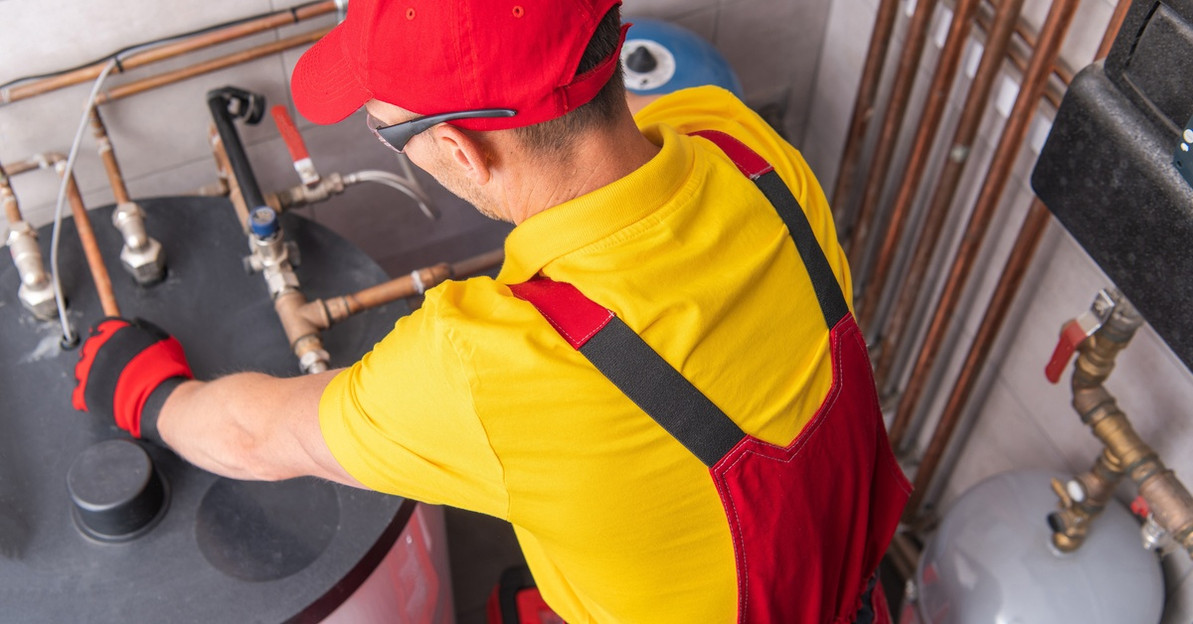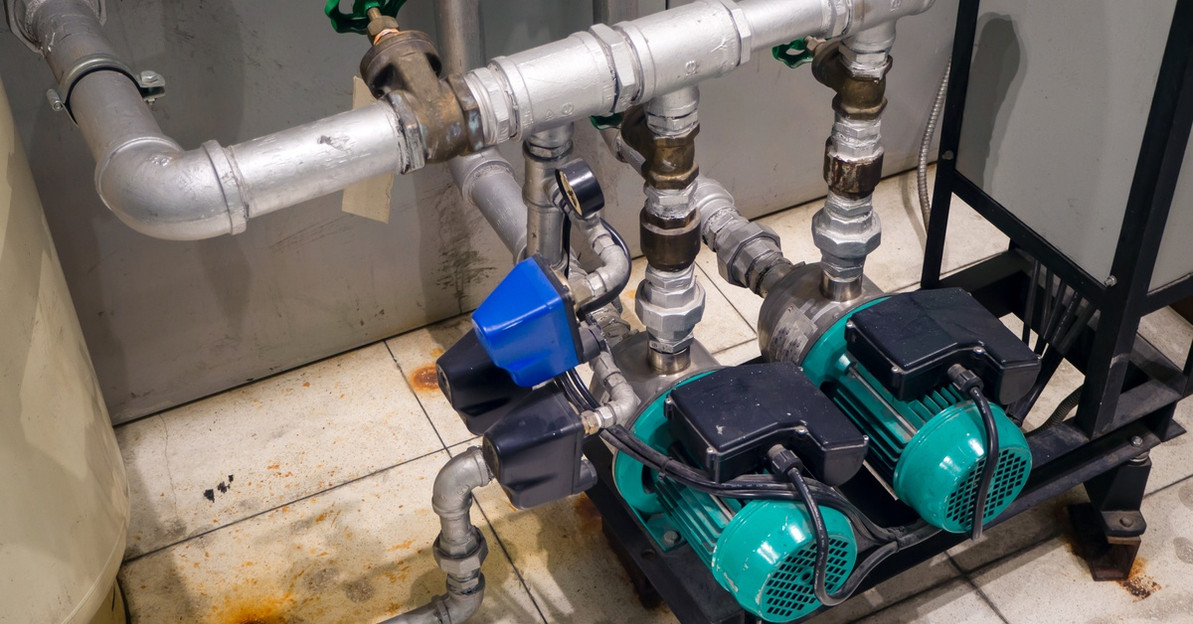Can You Put a Commercial Water Heater in a Residential Home?
Many homeowners don’t give much thought to their water heater until it breaks down. But what happens when you consider replacing it with something more powerful? Would a commercial water heater fit the bill?
That big tank—designed for businesses—may look tempting, but it’s not always the best solution for every home. Let’s explore whether you can put a commercial water heater in a residential home.
How Commercial Water Heaters Differ From Residential Models
Simply put, commercial water heaters are built to handle larger quantities of hot water. They’re designed for office buildings, restaurants, and other places with high water demands. These units come with higher-capacity tanks or faster recovery rates to keep up with continuous usage. They often use more energy to achieve this, which can lead to higher utility bills.
Residential water heaters, on the other hand, are engineered for typical household needs. They’re more compact, quieter, and cost less to operate. The difference in size and output reflects the difference in how they’re used. Before deciding if a commercial option is right for your home, consider how much hot water your household truly requires.
Can a Commercial Water Heater Work in a Home?
Technically, commercial gas water heaters can be installed in homes, but they may bring complications. First, these units often require specific venting systems and higher voltage connections to handle their power needs. Your home’s current setup might not support these requirements without major upgrades.
Think about space, too. Commercial models are bulkier and may not fit in the space where your current heater sits. Beyond logistics, consider if you’ll actually use the added capacity. For most households, a residential model with the right capacity will be sufficient for daily needs.
Benefits and Drawbacks of Going Commercial
Opting for a commercial water heater might sound appealing if you have a large family or love hosting guests. These systems can handle heavier demand, so you won’t run out of hot water mid-shower, even on busy mornings. But this level of performance comes at a cost. Installation is more demanding, and operating expenses can climb steeply because these units consume more energy.
While commercial models excel in performance, they might not last as long under lighter residential use. These machines are designed to work continuously, and irregular usage could lead to premature wear and tear.
Other Options for High-Demand Households
If your home has outgrown your current water heater, there are other solutions beyond going commercial. High-capacity residential units are available, offering larger tanks or faster heat recovery rates. Tankless water heaters are another option, delivering hot water on demand without needing a large storage tank. These alternatives are easier to install, cost-effective, and tailored to residential needs.
Your choice of water heater depends largely on your household’s water usage and your home’s existing infrastructure. While a commercial water heater could technically work in a residential setting, the added costs and installation challenges make it less practical for most homes. For a more balanced solution, high-capacity residential models or tankless systems often meet that need.
Recent Posts
-
What You Need To Know About Variable-Speed Booster Pumps
A reliable water pressure system can completely transform water pressure in commercial and residenti …Sep 17th 2025 -
Best Practices for Maintaining Septic Systems
Septic systems are an essential component of waste management for properties not connected to a cent …Sep 9th 2025 -
Tips for Extending the Lifespan of a Booster Pump
Imagine this scenario for a moment: you’re gearing up for your morning, but the shower barely dribbl …Aug 29th 2025





